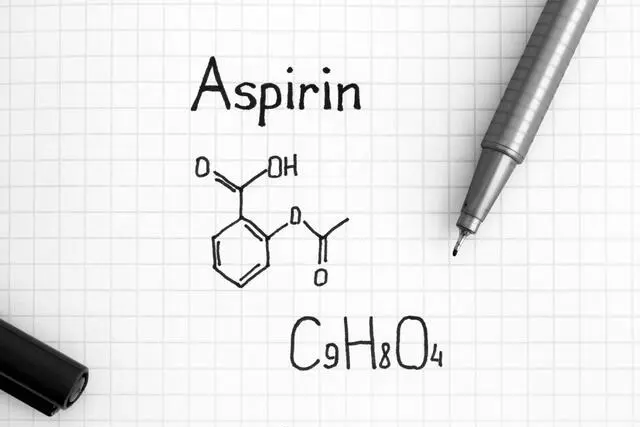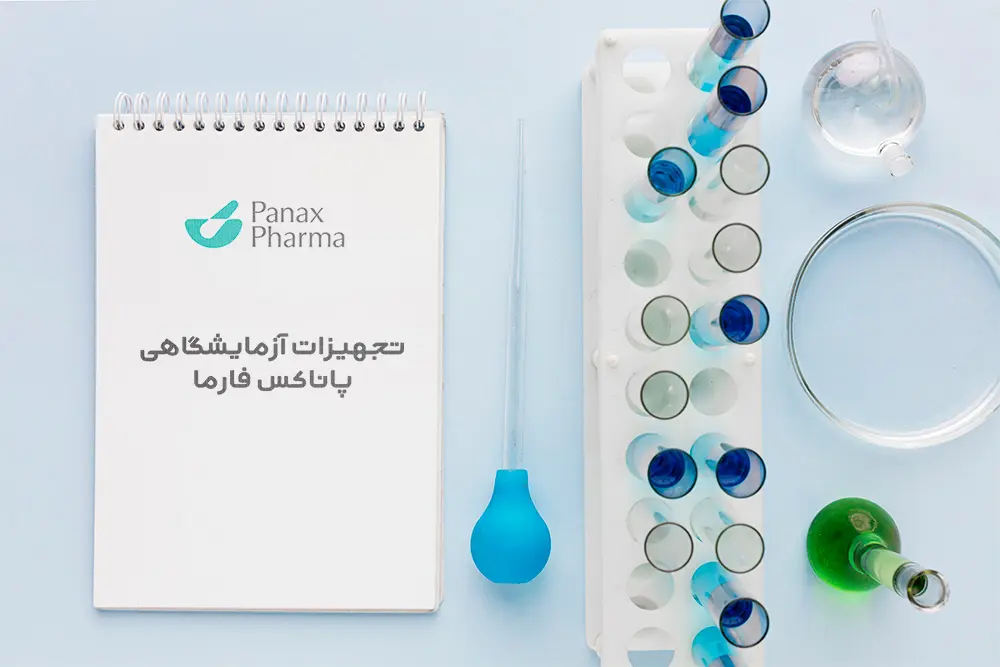Considering the effects of aspirin on bleeding after surgery and the recommendation of some heart surgeons to stop aspirin, the present study aims to compare the amount of bleeding after coronary artery bypass surgery in a group of patients who took aspirin before surgery with a group who did not. Aspirin has been discontinued, it was done. The research method of this semi-experimental clinical trial study was conducted on 200 patients hospitalized in the cardiac surgery department who underwent Coronary Artery Bypass Graft (CABG). Patients were divided into two groups of 100 people; The first group of patients undergoing CABG surgery without stopping aspirin were considered as the case group and the second group of patients undergoing CABG surgery whose aspirin was stopped at least 48 hours before the operation were considered as the control group. The obtained data were statistically analyzed using t-test.

The amount of bleeding in the first 6 and 12 hours after the operation was higher in the patients who were treated with aspirin before the operation than in the patients whose aspirin was stopped before the operation.
Conclusion; According to the results obtained from this study, it seems that patients who have to take aspirin and cannot stop it before CABG surgery are more exposed than patients who are able to stop taking aspirin before CABG surgery. They are at risk of bleeding and therefore need more careful care.
The use of salicylates to treat inflammatory diseases dates back to ancient times. In 1899, aspirin, which is a member of the salicylic acid family, was introduced to clinical medicine. At the end of the 19th century, the main therapeutic effects of aspirin, including its antipyretic, anti-inflammatory and analgesic effects, were known. In recent years, in addition to the above three effects, it is used as an anti-platelet drug to prevent arterial thrombosis and subsequent embolisms, including myocardial infarction, and it has been found that aspirin reduces the death rate by inhibiting the accumulation of platelets. Patients with myocardial infarction and increased life expectancy after open heart surgery. The antiplatelet process of aspirin is the irreversible inhibition of platelet cyclooxygenase; For this reason, its consumption can lead to severe bleeding. Different studies have different results regarding increased bleeding and the need for blood transfusions after open heart surgery in patients taking aspirin. It has been reported.
It has been mentioned in some studies that taking aspirin before the Coronary Artery Bypass Graft (CABG) operation increases bleeding after the operation, and according to the findings, it is recommended to stop it at least 2 days before. In some studies, the use of aspirin before surgery has been reported to be ineffective on postoperative bleeding, and its discontinuation is not recommended. The present study was conducted with the aim of comparing the rate of bleeding after CABG in patients who took aspirin and those who stopped aspirin.

Analysis method
This semi-experimental clinical trial study was conducted on 200 patients hospitalized in the cardiac surgery department of the hospital who underwent CABG. The patients were divided into two groups of 100 people, the first group of patients undergoing CABG surgery without stopping aspirin as the case group and the second group of patients undergoing CABG surgery whose aspirin was stopped at least 48 hours before the surgery were considered as the control group. . Both case and control groups were matched in terms of age, sex, height, weight and coronary risk factors. Patients who, in addition to CABG, needed other cardiac operations such as valve replacement or repair were excluded from the study. The number of grafts, operation duration, etc. were the same in both groups.
Factors affecting bleeding after CABG surgery, including the number of grafts, the number of transfused blood units, the amount of heparin and protamine used, as well as the amount of bleeding at 6, 12 and 24 hours after the operation, were collected based on the bleeding chart in the ICU. The information obtained after registration was coded in a special form and analyzed statistically using SPSS software and t-test.

Findings
Out of 200 studied patients, 162 (82) were male and 36 (18) were female (case group 82 men, control group 80 men) in both case and control groups in terms of age, sex and number of risk factors. Heart, there was no significant difference (the average age of case and control group was 5.59 and 2.58 years, respectively). To compare the effect of aspirin on postoperative bleeding, the amount of bleeding was recorded at 6, 12 and 24 hours after the operation. According to the results of Table 1, the amount of bleeding 6 and 12 hours after the operation in the case group was significantly higher than the control group. However, there was no statistically significant difference in the amount of bleeding 24 hours after the operation in the two groups.
To determine the independent effect of aspirin on postoperative bleeding, the effect of other factors on the amount of bleeding was removed and it was found that aspirin alone is effective in increasing the amount of bleeding in the first 6 and 12 hours after the operation.
Comparison table of the average amount of bleeding 6, 12 and 24 hours after the operation in the case and control groups:

It should be noted that despite the increase in bleeding in the aspirin and heparin group alone or in combination before the operation, there was no effect on the amount of bleeding after the operation and the amount of cases in which none of the patients needed to return to the operating room and re-exploration did not have.
Conclusion
Aspirin is one of the useful and effective drugs in reducing the mortality of patients with myocardial infarction, myocardial ischemia, and after open heart surgery, and according to the process of its effect in inhibiting the accumulation of platelets, it can also lead to an increase in bleeding.
In the present study, despite the increase in postoperative bleeding in the group that took aspirin, none of the patients required re-exploration. This finding is similar to most studies done on aspirin. It has been mentioned in most of the studies that the use of aspirin even in some cases caused an increase in bleeding after the operation. In the present study, the amount of bleeding after the CABG operation in the case group compared to the control group showed an increase in 6 and 12 hours after the operation, but in 24 hours. After the operation, there was no significant difference between the two groups in terms of the amount of bleeding.
The results of various studies in this field have been contradictory; For example, in some studies, the continued use of aspirin up to 2 days before surgery increased bleeding after surgery, that is why some researchers have suggested that aspirin be stopped at least 2 days before open heart surgery to reduce the amount of bleeding after surgery. Decrease.
Some researchers have recommended the simultaneous use of other drugs such as aprotinin and desmopressin in order to reduce the amount of bleeding after surgery. In the current study, despite the increase in bleeding after surgery, the patients did not need blood transfusion. In the study by Reich et al., on 197 patients, despite the increase in bleeding after surgery, the patients did not need blood transfusion for this reason.
In Ferraris et al.’s study on 2606 patients, aspirin was mentioned as an independent and effective factor on the amount of bleeding after CABG only in high-risk individuals and it was recommended that patients be checked for bleeding issues before the operation and if only The risk of bleeding was high in them, aspirin was stopped before the operation.

Due to the very beneficial effects of aspirin in reducing the mortality of heart patients, it is better for patients who are going to undergo open heart surgery to be examined in terms of hematology, and if they are at high risk of bleeding, they should stop taking aspirin before stop the operation (at least 2 days before); This is not mandatory for other patients; It is enough that these patients are under more care in the ICU.





